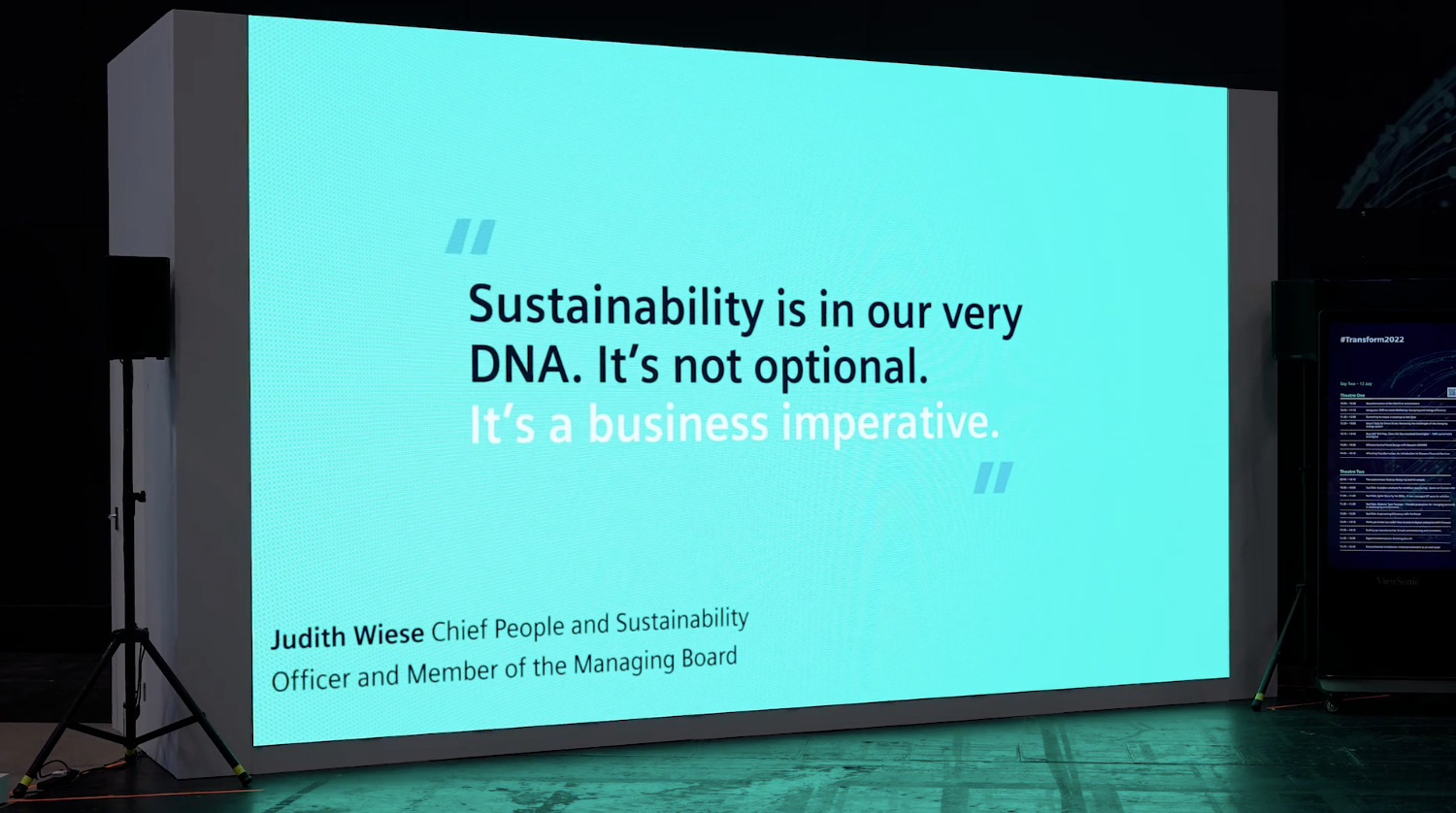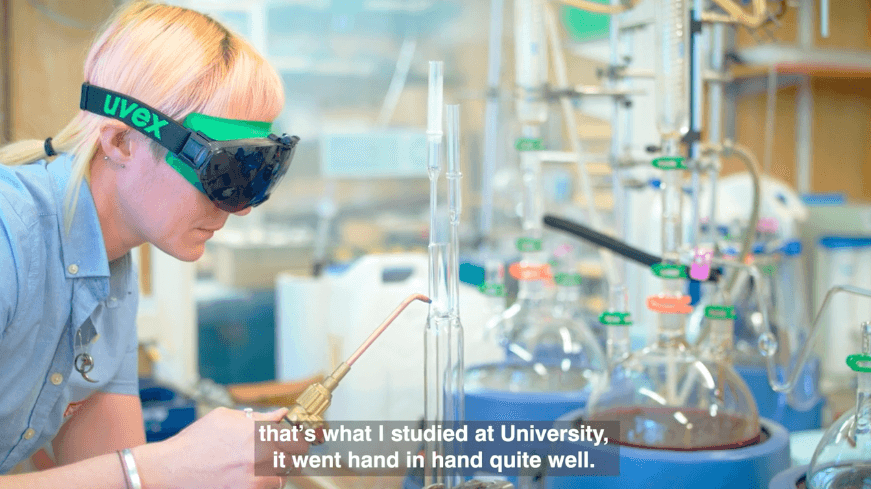This website uses cookies so that we can provide you with the best user experience possible. Cookie information is stored in your browser and performs functions such as recognising you when you return to our website and helping our team to understand which sections of the website you find most interesting and useful.
Manufacturing, Science & Technology
Careers within Engineering & Construction account for nearly 30% of the active UK workforce. Technology, further still, accounts for an additional two-million workers. Not only the economic backbone of Great Britain, Manufacturing, Science & Technology are the sectors that fuel the furnace of global industry. However. They are now being held to account more than ever before over their environmental and social sustainability actions.
COVID-19 highlighted the critical need for skilled workers within these industries. The unprecedented demand for vaccine development and ventilators. The desperate need for technology with purpose, that could solve the greatest challenges of our time. Lack of action on these core topics could undermine the upswell of progress.
With over 16 years’ experience working in collaboration with the STEM sectors, TMC has a proven track record of delivering intelligence-led solutions through our full-service team.
As the urgency persists for organisations in the digital, manufacturing and technology sectors to future-proof their operations and advance their technologies, we’re here to help you answer these core questions.
- How can you attract talented, skilled graduates who are passionate and committed to continual innovation?
- How can you balance public perception of manufacturing and justify government funding – in particular, the pursuit of Net Zero status?
- How can you counteract competitive global supply, with production migrating to locations with cheaper resources?
- How can you satisfy demand for eco-friendlier engineering and increasingly stringent governance?
- How can you meaningfully change under-representation of diverse communities in engineering roles?
Each of these challenges need to be accounted for. To fulfil commercial and evidence ESG targets, organisations need to adopt a strategic approach rooted in powerful communications.
Nurturing the future talent pipeline
The most pressing challenge; sustaining the highly-skilled workforce. There are a huge shortfall of STEM candidates in the UK, whilst other nations are seeing unprecedented levels of upskilled workers. In response to this, the British Government have their sights set on establishing the UK as a ‘global science superpower’ with indication that they’re serious about investing in a science workforce. Seemingly, their priority is making sure people from all backgrounds and areas of the UK have access to these opportunities.
In support of this, organisations need to adopt an educational mindset. The benefits of STEM careers need to be better showcased. The transferable skills need to be explained.

Organisations should look to empower the next generation by working with students and young people. It is critical in developing a robust talent pipeline and long-term commercial success. Specialisms such as Cyber Security, Design Engineering and Artificial Intelligence are no longer the skills of tomorrow, but are needed today.
TMC has partnered with organisations across the UK to achieve just this. Developing digital resources for teachers in classrooms, rich, immersive environments for University students and emotive social media campaigns for those on the precipice of Higher Learning.
Compliance with new and more stringent ESG guidelines
Increasingly stringent governance via regulatory bodies, has meant increased accountability for those within the STEM sectors. Ensuring that high standards are set, met and maintained is the first step in avoiding commercial penalties. However, for truly transformative ESG, organisations should seek opportunities to communicate with stakeholders at every level.

From waste elimination to renewable resources, there are a wealth of strategic communications that can be used. Each leveraged to demonstrate the commitments organisations are making.
Take Data Visualisation. In it’s simplest form, Data Visualisation uses graphics, animation and videos to communicate patterns from large volumes of complex data. Ideal when needing to multiple audiences.
More diverse workforce
Organisations within the STEM sectors are also faced with a distinct lack of diversity, due to a shortfall in the workforce more nationally. Here lies an opportunity. An opportunity to change public perception of industries such as Engineering for the better.

‘It’s encouraging to see nearly 200,000 more women working in engineering over the last four years. Nevertheless, the fact that women represent only 14.5% of those working in engineering is a serious concern. Women make up half the population, but we draw on such a small proportion of their talent – we, and the engineering sector as a whole, need to work harder to drive change.’ – Dr Hilary Leevers, CEO of EngineeringUK
Using photorealistic Virtual Environments, organisations have the tools to reimagine the current workplace. We can help them bring to life a community of diverse talent in a digital world.
Sources
Skills4STEM – Current state of the UK STEM industry
Comptia – State of the Tech Workforce UK
British Science Association – Levelling up on STEM Skills
Take the next steps.
Explore our most popular client solutions by clicking below.
